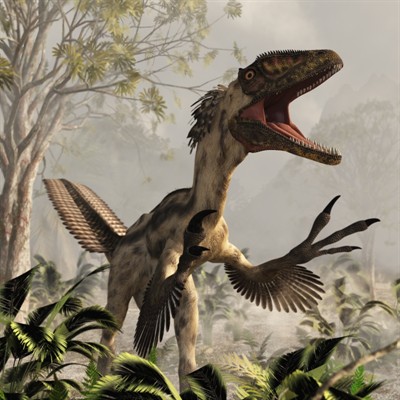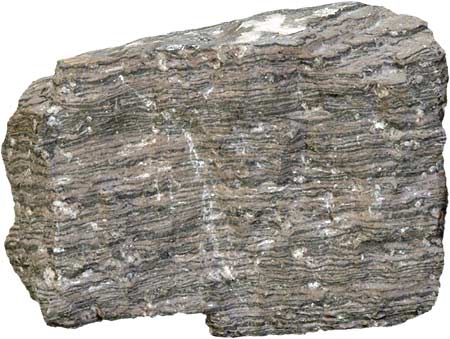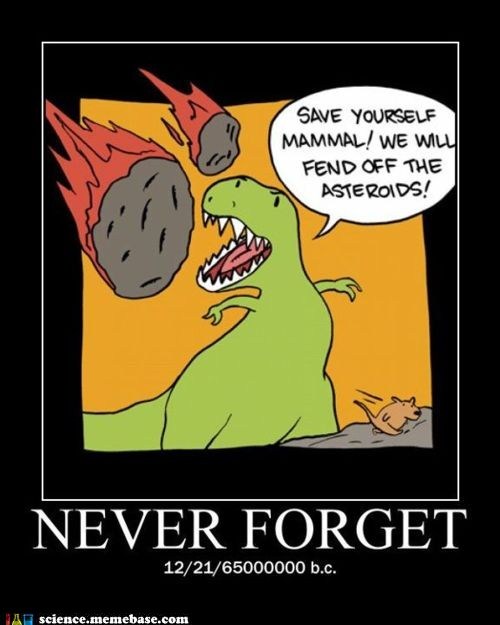The first post on this shiny new blog mentioned that I was going to offer a degree of transparency to my current role as a Palaeontology PhD student. I’ve only been going for 8 days, but already there’s plenty to talk about it seems! Here’s a few observations and thoughts about kicking off PhD life, and the activities that have stimulated these.

The number of people who’ve said ‘like Ross from Friends??’ so far is in the thousands. I’m not American.
Many of the new students to the Royal School of Mines have, somewhat unsurprisingly in my experience of Imperial College, been a little bit slow in up-taking the social aspect of PhD life. Others have been more willing to commit to the networking aspect of things, and it’s these people, I predict, who will thrive in the next 3-4 years here. For all new meat PhD students, I strongly advise biting the bullet if you’re not too good at talking/socialising, and making the additional effort to develop new friends and contcacts. 3 years is a long time to be alone. The alternative is to watch feeds like #ECRchat and #PhDchat on Twitter like a hawk. These are invaluable resources for any PhD student, containing many helpful links and personal advice. Also a nice place to go if you want to rant/scream, so I hear.
PhD students are encouraged to demonstrate (also known as being a Graduate Teaching Assistant, or GTA) for undergraduate classes. This is actually a neat way of getting some teaching experience, while refreshing material that you may not have learnt about in several years. For this, you usually have to pass some sort of course. We had to here, and for anyone else who had to suffer this tedious ‘training’, I feel your pain. There is a general scheme for training demonstrators at Imperial, which is kind of self-defeating as it neglects the explicit flexibility required for teaching in different subjects. I would not teach a student geology in the same way that I’d teach computing science. As such, the majority of the material in the seminars (yes, we were being spoken to about the theory behind teaching) was irrelevant, and clearly the whims of someone high up who spends far too much time making useless regulations. Hopefully, others who have had to undertake similar classes will have had a more workshop-style format, where you can actually practice demonstration technique and discuss how to engage students properly. I strongly recommend telling the moderators of such courses this, if that is not the case (I certainly did).
Nonetheless, new demonstrators were unleashed upon the helpless undergraduates earlier this week, and frankly, it was great! I had 75 or so students to co-manage, and the majority were willing to learn and listen. This is one of the cool things about geology, in that it’s really hands-on and a very practical science. And you know what? Rocks are pretty damn interesting, if you can make them tell a story. The first rocks the new students got to observe where a bit tricky though, including a flow-banded rhyolite, and a bioclastic limestone (remember, most of these students will not have done geology before!). It was great hearing the different thought processes as to what students thought they were, and rewarding after coaxing the correct answers out of them (eventually). Any PhD students who have the opportunity to demonstrate, I say give it a go!
Aside from this, the first week or so has been quite relaxing. I’ve installed Mendeley to help organise pdfs, a highly valuable tool for academics, and began reading into mass extinctions. I’m starting from the bottom up, to get a historical look at how the scientific understanding behind extinctions has evolved through time. There are some intriguing scientific papers out there, and if anyone is interested in learning more about mass extinctions, drop a comment here or tweet me up and I’ll whizz along a few select choices.
One thing I’m trying out is the creation of a theme matrix. Using Excel, this is a grid to extract and categorise information from papers I’ve read into various topics and sub-topics. At the moment, it’s only just getting started, but I’m hoping that it will serve as a nice basis for the literature review (a core part of the PhD write up), enable me to think more about trends within the literature, and is quite flexible in that themes can be modified. Organising the papers chronologically might help identify historical patterns, as well as first occurrences of techniques, things which are always good to provide a bit of perspective to research.
Hopefully I’ll have some more interesting things to show in the future. Preliminary plans are already in place to go and check out various fossils and modern specimens (I won’t say of what though yet!). If anyone wants to discuss the concept of opening up the PhD process a little more, check out the #OpenPhD feed on Twitter for discussion (there will be some at some point, hopefully!)

In the mean time, here’s a cool image of Deinonychus antirrhopus, and look, she’s happy to see you! Source.





